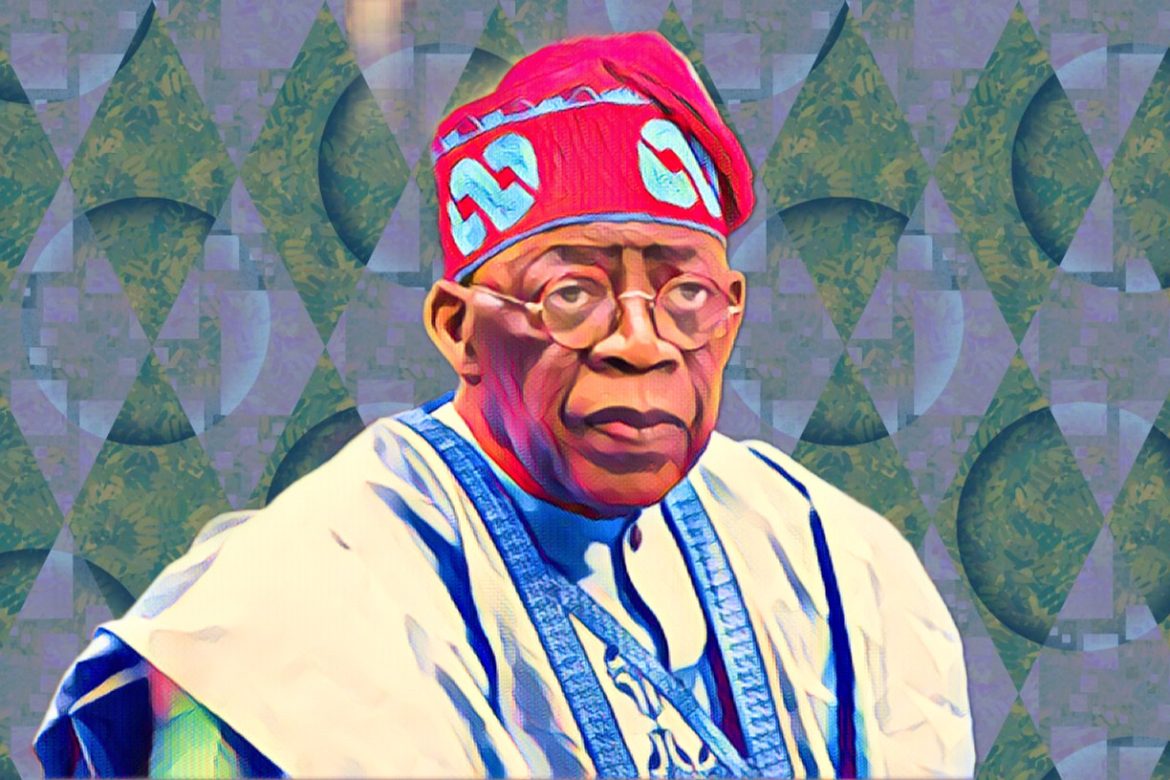- Fertilizer initiative in Nigeria may trigger rising input costs.
-
Past fertilizer programs were marred by black-market diversion.
-
Farmers demand inclusive framework to protect smallholder access.
Nigeria’s farming community has strongly criticised President Bola Tinubu’s new presidential fertiliser initiative. Farmers say it could raise costs and make the country’s already weak food security even worse.
The policy, which was announced in Abuja last week, aims to make it easier to get fertiliser by working with big private suppliers.
The federal government says the change will make things more efficient, get rid of middlemen, and increase productivity. The All Farmers Association of Nigeria (AFAN) and the Rice Farmers Association of Nigeria (RIFAN) are two farmer groups that say this approach could lead to a few people having too much power, making it hard for small farmers—who grow more than 70% of Nigeria’s food—to buy the things they need.
People are worried that the fertiliser program in Nigeria will cause prices to go up
Kabiru Ibrahim, president of AFAN, said that the government was “ignoring the realities of rural farmers.” He said that if a few distributors control access, fertiliser prices could go up so high that regular farmers can’t afford them. Ibrahim told reporters in Abuja, “If the price of fertiliser goes up, the price of maize, rice, beans, and vegetables will go up right away.”
The National Bureau of Statistics said that food prices in Nigeria rose by 35.4 percent in August. This was due to rising energy costs, a weak naira, and higher logistics costs. Fertiliser costs up to 25% of farm production, which makes people even more worried that a poorly thought-out policy could make hunger worse in households.
The fertiliser program in Nigeria may make the same mistakes as before
Analysts point to a similar fertiliser program from 2016 when Muhammadu Buhari was president. It combined supply with government credit. It was popular at first, but then it was accused of favouritism, selling subsidised goods on the black market, and other problems.
According to a report by Vanguard news, Dr Tunde Akinyemi, an agricultural economist at the University of Ibadan, said that Nigeria’s reliance on imported fertiliser blends is still a major weakness, even though the Dangote Group is building a $2.5 billion urea and ammonia plant in Lagos. He warned, “Concentrating distribution will only make fertiliser more expensive until domestic production meets local demand.”
Farmers want a distribution system that includes everyone
Aminu Goronyo, the chairman of RIFAN, told Tinubu’s government to set up a system that includes cooperatives, state governments, and smaller distributors. He said, “We can’t let three or four companies decide Nigeria’s food future.”
The message is clear for farmers in Kano, Kaduna, and Benue, which are Nigeria’s grain belts. The new plan could put many producers out of business just when Nigeria needs them the most.


